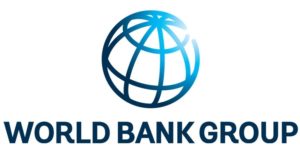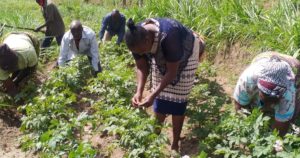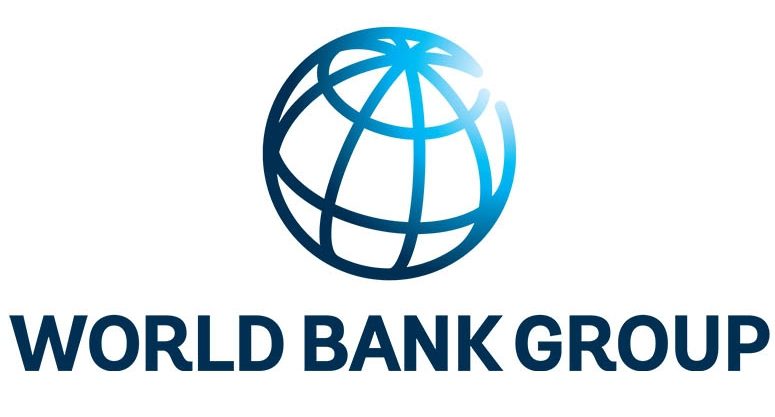A 250 million United States Dollar (28.75 Billion Kenyan Shilling) International Development Association (IDA) credit has been approved by the World Bank for a New Agricultural Value Chain Development Project (NAVCDP) in Kenya.

The New Agricultural Value Chain Development Project (NAVCDP) will be looking to increase the market participation and addition of value for 500,000 small scale farmers in the East African nation Kenya that are engaged in nine (9) value chains spread across 26 counties.
The 26 counties in question include Nyeri, Embu, Kirinyaga, Kiambu, Murang’a, Meru, Kitui, Makueni, Machakos, Uasin Gishu, Nandi, Trans-Nzoia, Nyandarua, Kericho, Bomet, Narok, Nakuru, Homa Bay, Migori, Kisii, Busia, Kakamega, Tana River, Kwale, Taita Taveta, and Kilifi.
Read Also: World Bank Authorizes 750 Million Dollars For Kenya’s North Eastern Projects
The New Agricultural Value Chain Development Project (NAVCDP) will improve on what was put in place by two (2) existing projects that are also funded by the World Bank. Said projects are the Kenya Climate Smart Agriculture Project and the National Agricultural and Rural Inclusive Growth Project.
The New Agricultural Value Chain Development Project (NAVCDP) will mainly focus on a subgroup of farmers selected from the Kenya Climate Smart Agriculture Project and the National Agricultural and Rural Inclusive Growth Project which are both involved in poultry, dairy, fruits like Avocados, Mangoes, and Bananas), apiculture, Coffee, Cotton, Cashew Nuts, pyrethrum value chains, and vegetables like Potatoes and Tomatoes.

It is expected that the New Agricultural Value Chain Development Project (NAVCDP) will intensify investments in already ongoing interventions in areas like community led farmer extensions, productivity enhancement, introduce intensified investments into the select value chains, support Farmer-Led Irrigation Development (FLID), water management, data driven value chain services, support the rollout of urban food system pilots in select clusters, enhance access to credit, and scale up value addition and market linkages with agribusiness off-takers and small and medium enterprises.
The Farmer-Led Irrigation Development (FLID) will have a main focus on creating water efficient irrigation systems, developing efficient water use and water harvesting, creating climate resilience and building up drought adaptive capacity.
Read Also: World Bank Considering Removing Kenya From High Risk Debt List
Pilots of the Urban Food Systems based on agriculture principles that are climate smart and safe, will be launched in Nairobi as well as in surrounding counties
How informative was this article? Are there any other news topics, categories, or How To topics, that you would like us to write on? Feel free to reach out to Nextbit KE in the comment section.


